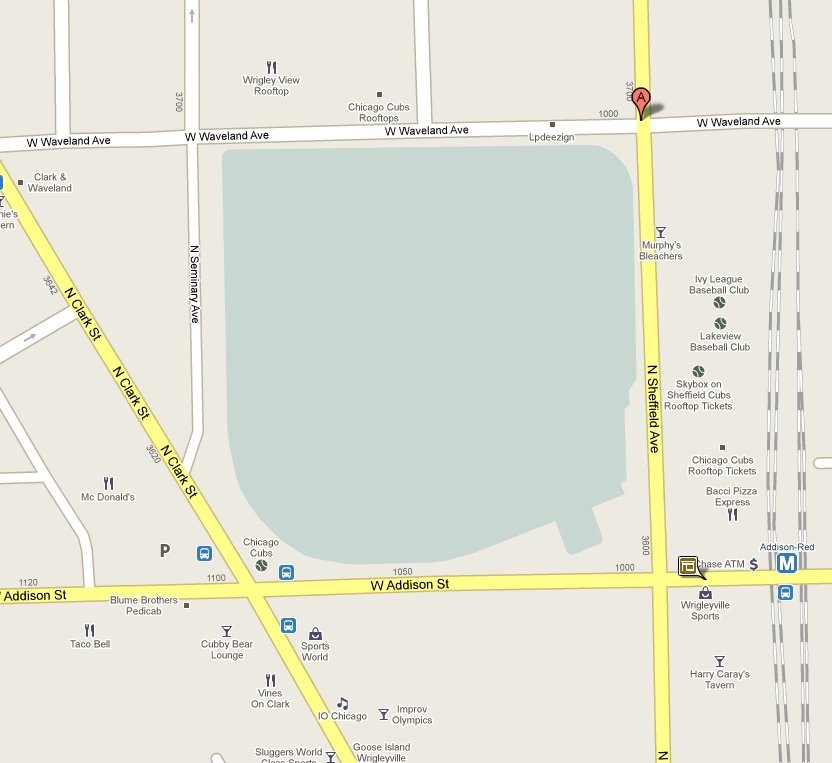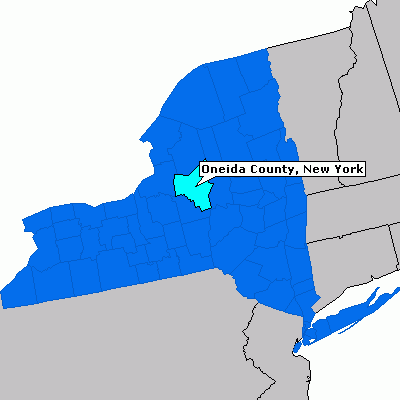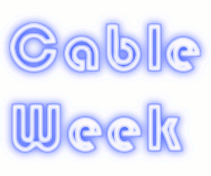 Knology, a West Point, Georgia-based cable overbuilder, has acquired Sunflower Broadband in Lawrence (Douglas County), Kansas for $165 million cash.
Knology, a West Point, Georgia-based cable overbuilder, has acquired Sunflower Broadband in Lawrence (Douglas County), Kansas for $165 million cash.
Knology has been buying small, independent cable operators across the south and midwest to build its footprint and become a larger player in the heavily integrated cable television and broadband marketplace.
The company expects to acquire Sunflower partly from its own cash reserves and the balance from low interest loans.
Knology praised Sunflower Broadband’s advanced infrastructure — it has already deployed DOCSIS 3 broadband upgrades and uses a modernized hybrid fiber-coaxial cable network. Sunflower spends between $8-9 million annually in capital expansion, a level comparable to Knology.
 The purchase of Sunflower opens additional potential purchasing opportunities for Knology in the region to add other cable companies to its portfolio.
The purchase of Sunflower opens additional potential purchasing opportunities for Knology in the region to add other cable companies to its portfolio.
Lawrence residents were treated to gushing, emotional coverage of the sale in the pages of the Lawrence Journal-World this morning. A sample:
In the beginning there was the vision. Forty-five years later, it was a spectacular reality. Today, the baton is being passed to a new owner.
One reader said the newspaper had a Messiah Complex.
Employees were informed this morning, but most will not know what impact, if any, will come from the sale until it closes in the fourth quarter of 2010.
The impact of the sale is drawing mixed reviews from Lawrence residents, some concerned about the loss of another locally-owned and operated business to an out-of-state “conglomerate,” while others believe the sale offers the potential for better service without irritating usage limits.
A Lawrence computer repair expert, “Dr. Dave” recognized the impact of Internet Overcharging schemes on Lawrence residents in a thorough analysis of the then-potential sale:
Sunflower stands apart from most Internet Service providers with its bandwidth caps. Knology and other suitors of Sunflower do not have these artificial limits. We’ll be free to use the internet at whatever speed we choose to pay for without fear of limits and overages. Online backups, security updates, and videos will be accessible without the worry of nasty additional fees.
Additionally, because our newspaper and television providers will be separated, the Journal World will be able to more accurately and fairly report news in Lawrence. No longer will they be limited by their vested interest in the cable company. Media consolidation is generally against FCC rules, but the loophole is that Sunflower is not seen as a “media” company. The loophole will be closed and growth of both companies will be natural and organic and both companies will be made stronger. We as citizens will trust the newspaper to accurately report the news and the Journal World will be restored to its role as watchdog for the citizens it serves. If the cable company isn’t acting in our best interest, I would trust the Journal World to report on it. Knology won’t be able to slack off and reduce the quality we’ve come to expect from Sunflower–the newspaper will see to that.
 Knology claims it will get $5 million in “synergies” from the merger, much coming from volume discount programming purchases, a switch to Knology’s billing systems, and potential layoffs. However, since Sunflower Broadband’s operating area does not overlap existing Knology service areas, the impact on jobs may prove limited.
Knology claims it will get $5 million in “synergies” from the merger, much coming from volume discount programming purchases, a switch to Knology’s billing systems, and potential layoffs. However, since Sunflower Broadband’s operating area does not overlap existing Knology service areas, the impact on jobs may prove limited.
One impact subscribers may not miss is the end of Sunflower’s Internet Overcharging schemes. Sunflower is one of a handful of cable operators placing arbitrary limits on their customers’ broadband usage. Usage caps, speed throttles, and overlimit fees are all imposed on Sunflower’s customers.
Knology has never imposed similar schemes on their customers. Now may be a good time for Sunflower customers to let Knology management know they want an end to Sunflower’s profit-padding usage limits, especially considering AT&T U-verse, increasing competition in Lawrence, does not limit usage either.
 AT&T today launched its latest Hotzone Wi-Fi service in Wrigleyville, the neighborhood of restaurants and shops surrounding Wrigley Field, home of the Chicago Cubs. The new Wi-Fi hotzone provides coverage along the streets and in the outdoor areas of Wrigleyville on the south, east and west sides of the stadium.
AT&T today launched its latest Hotzone Wi-Fi service in Wrigleyville, the neighborhood of restaurants and shops surrounding Wrigley Field, home of the Chicago Cubs. The new Wi-Fi hotzone provides coverage along the streets and in the outdoor areas of Wrigleyville on the south, east and west sides of the stadium.

 Subscribe
Subscribe






